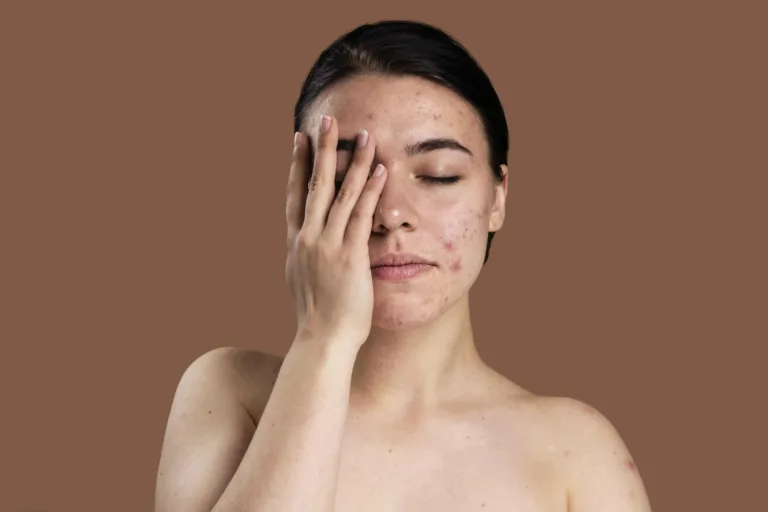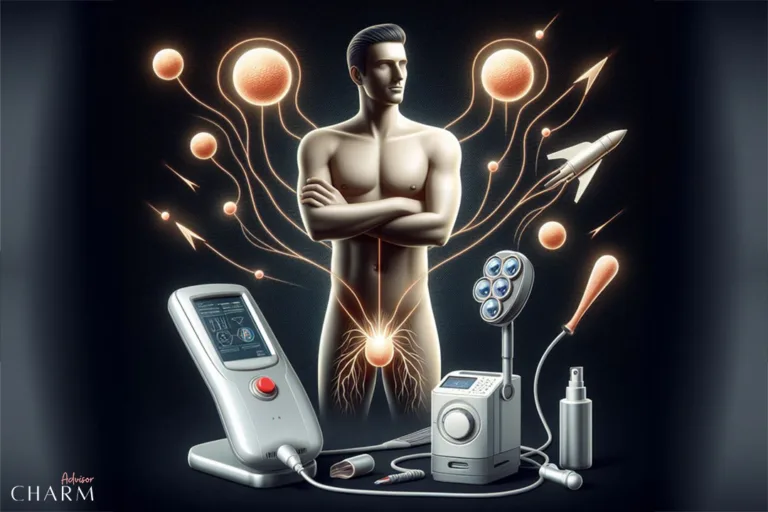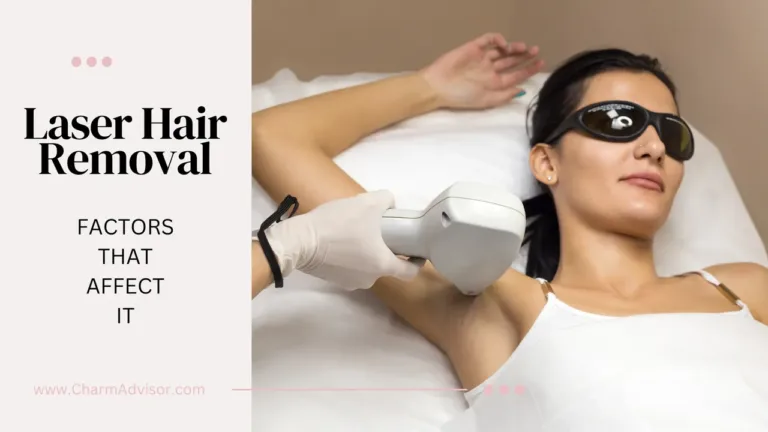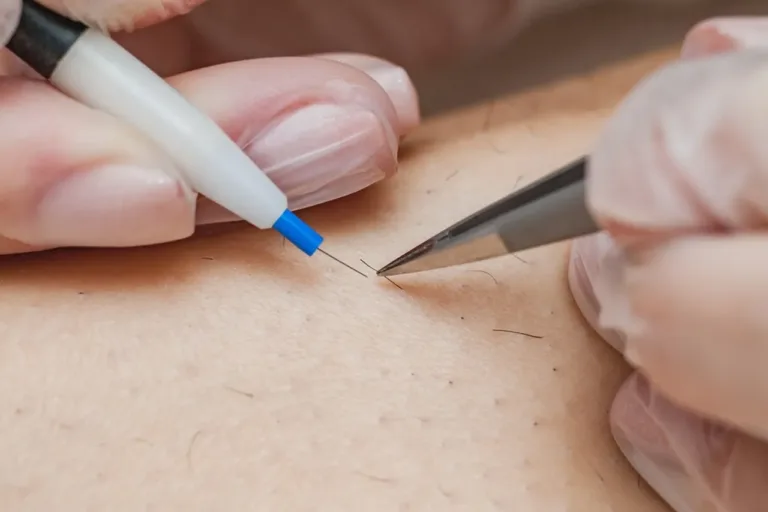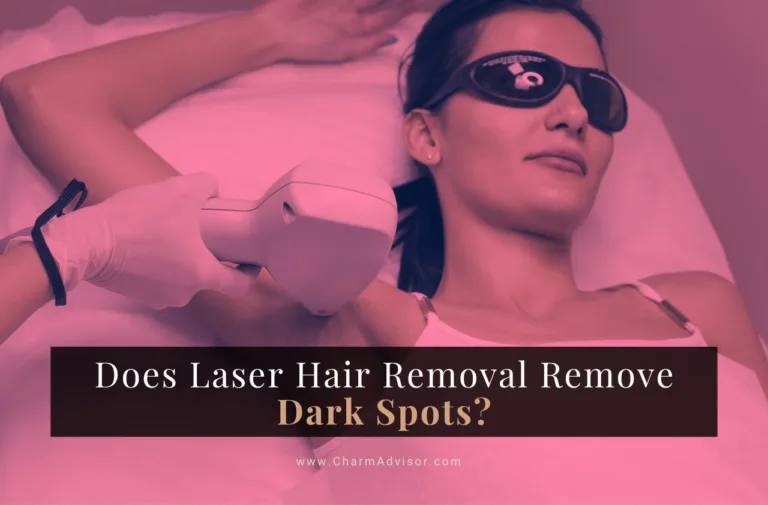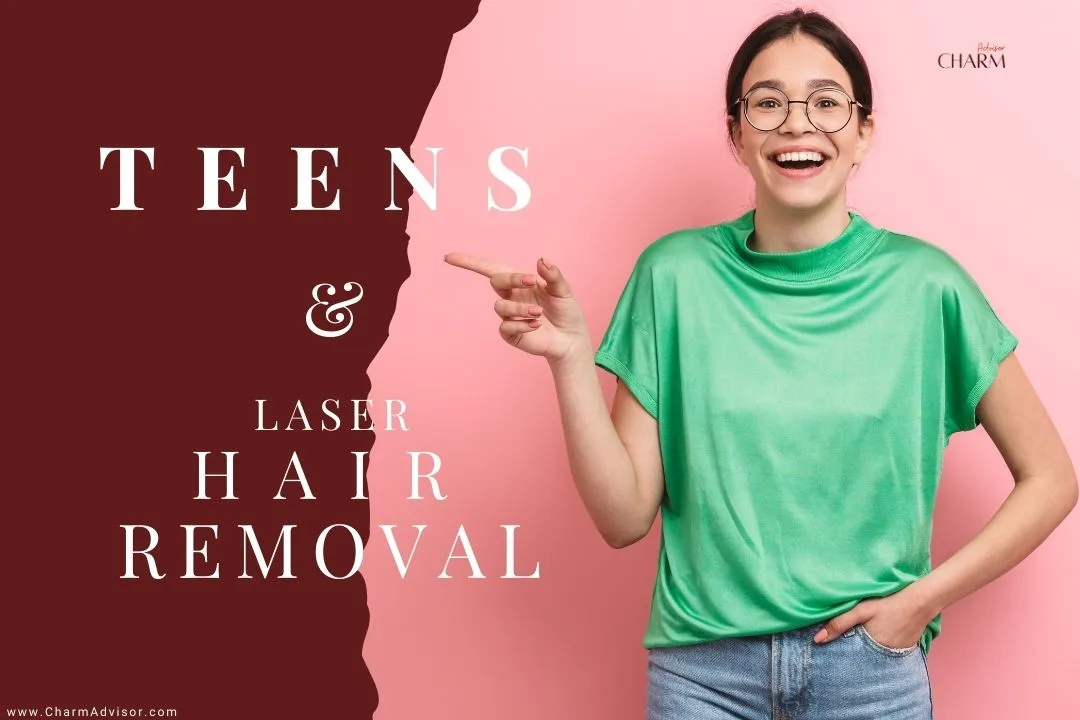
Imagine this: you are a 13 year old who is unhappy with your body hair. You feel embarrassed and insecure about your facial hair, your underarm hair, your bikini line, or your legs. You want to get rid of it permanently, and you have heard that laser hair removal is the best solution. But can you do it? Is it safe? Is it legal? Is it effective? What are the alternatives?
If you are a teen who is considering laser hair removal, you may have many questions and concerns. You may also face some challenges and obstacles that are unique to your age and situation. In this article, we will answer all your questions and provide you with the information you need to make an informed decision.
We will also explain what laser hair removal is, how it works, and why it is more challenging for teens than for adults. We will also discuss the alternatives to laser hair removal, and provide some tips and recommendations for choosing the best option for you.
By the end of this article, you will have a clear understanding of the pros and cons of laser hair removal for teens, and the best way to achieve smooth and hair-free skin.
Table of Content
What is Laser Hair Removal and How Does It Work?
Laser hair removal is a cosmetic procedure that uses a concentrated beam of light to destroy hair follicles and prevent hair growth. The laser targets the pigment (melanin) in the hair, which absorbs the light and converts it into heat. The heat damages the hair follicle, which inhibits its ability to produce new hair. The result is a permanent reduction of hair in the treated area.
Laser hair removal can be performed on any part of the body, such as the face, legs, arms, underarms, bikini line, chest, back, and more.
Laser hair removal, Benefits vs drawbacks
| Benefits | Drawbacks |
|---|---|
| Long-lasting and effective solution for unwanted hair | High cost that may not be covered by insurance |
| Fast and convenient procedure that can treat large areas in a short time | Need for multiple sessions to achieve optimal results |
| Safe and relatively painless procedure that causes minimal side effects | Possibility of temporary or permanent side effects, such as skin irritation, redness, swelling, blistering, scarring, infection, or changes in skin color |
| Smooth and even skin texture that improves the appearance and confidence of the patient | Limitation of effectiveness for certain hair colors, types, and skin tones |
One of the main challenges of laser hair removal is that it works best for dark hair and light skin. This is because the laser needs a contrast between the hair and the skin to target the pigment effectively. If the hair is too light or the skin is too dark, the laser may not be able to distinguish the hair from the skin, and may either miss the hair or damage the skin. This is why laser hair removal is more difficult for teens than for adults, as teens often have lighter hair and darker skin due to puberty.
You can find more information about other factors that can affect Laser Hair Removal in this article.
Why Do Teens Want Laser Hair Removal?
Teens may want to get laser hair removal for various reasons, such as:
Social pressure or bullying:
Teens may feel pressured or bullied by their peers, their family, or the media to conform to certain standards of beauty and attractiveness. They may feel that their body hair is undesirable, unhygienic, or unfeminine, and that they need to remove it to fit in or to please others.
Personal preference or confidence:
Teens may have a personal preference or a confidence issue with their body hair. They may feel more comfortable, confident, or attractive without it, and they may want to express their individuality or their style. They may also want to avoid the hassle, the pain, or the expense of other hair removal methods, such as shaving, waxing, or plucking.
Medical conditions or excessive hair growth:
Teens may have a medical condition or a genetic trait that causes excessive hair growth, such as hirsutism, polycystic ovary syndrome, or hypertrichosis. They may want to get laser hair removal to reduce the amount of hair, to improve their health, or to ease their symptoms.
Teens may also be influenced by the changes that puberty brings to their hair growth and development. Puberty is the stage of life when the body matures and becomes capable of reproduction. It usually occurs between the ages of 10 and 14 for girls, and between the ages of 12 and 16 for boys. During puberty, the body produces hormones that stimulate the growth and development of secondary sex characteristics, such as breasts, genitals, and body hair.
Puberty effects on hair growth and development in teens.
The amount of hair:
Teens may notice an increase in the amount of hair on their body, especially in the pubic area, the underarms, the legs, and the face. They may also notice a change in the thickness, the texture, or the color of their hair.
The type of hair:
Teens may notice a change in the type of hair on their body, from vellus hair to terminal hair. Vellus hair is the fine, soft, and light-colored hair that covers most of the body. Terminal hair is the coarse, thick, and dark-colored hair that grows in the pubic area, the underarms, the legs, and the face. Terminal hair is more visible and more responsive to the laser than vellus hair.
The distribution of hair:
Teens may notice a change in the distribution of hair on their body, depending on their sex and their genetics. For example, girls may develop more hair on their legs, their arms, their upper lip, or their chin, while boys may develop more hair on their chest, their back, their shoulders, or their neck.
Teens may want to treat some of these areas with laser hair removal, depending on their personal preference or their social expectation. However, they may also face some challenges and obstacles that are unique to their age and situation.
Can a 13 Year Old Get Laser Hair Removal? The Answer May Vary
So, can a 13 year old get laser hair removal, or are they too young? The answer is: it depends. There is no definitive answer to this question, as it may vary depending on various factors, such as:
The maturity and consent of the teen:
The teen must be mature enough to understand the procedure, the risks, and the benefits, and to give their informed consent. The teen must also be willing to follow the pre and post-treatment instructions, and to cope with the pain and the side effects. The teen must not be coerced or pressured by anyone to get laser hair removal, and they must be able to express their own opinion and preference.
The approval and supervision of the parent or guardian:
The parent or guardian must be involved in the decision-making process, and they must give their approval and their supervision. The parent or guardian must also be aware of the cost, the duration, and the outcome of the procedure, and they must be able to support the teen emotionally and financially. The parent or guardian must also accompany the teen to the laser clinic, and they must sign a consent form on their behalf.
The type and condition of the hair and skin:
The hair and skin of the teen must be suitable for laser hair removal, and they must not have any contraindications or complications. The hair must be dark enough and the skin must be light enough for the laser to work effectively. The hair and skin must also be healthy, clean, and free of any infections, inflammations, or injuries. The hair and skin must also be stable, and not affected by hormonal fluctuations or medications.
The experience and qualification of the laser technician:
The laser technician must be experienced and qualified to perform laser hair removal on teens, and they must have the appropriate equipment and training. The laser technician must also be able to assess the hair and skin of the teen, and to customize the treatment according to their needs and goals. The laser technician must also be able to provide the teen with clear and honest information, and to address any questions or concerns they may have.
By considering these factors, the teen and the parent or guardian can determine whether laser hair removal is a suitable and safe option for them. However, they also need to be realistic and patient, as laser hair removal for teens may not be as fast or as effective as for adults. They may need more sessions, longer intervals, and lower expectations to achieve their desired results.
What are the Alternatives to Laser Hair Removal for Teens?
If laser hair removal is not an option for teens, or if they are not ready or willing to try it, they may consider some alternatives to laser hair removal, such as:
| Alternative | Pros | Cons |
|---|---|---|
| Shaving | Cheap, easy, painless | Temporary, may cause ingrown hairs, razor bumps, cuts, or infections |
| Waxing | Lasts longer than shaving, may reduce hair growth over time | Painful, messy, expensive, may cause allergic reactions, inflammation, or infection |
| Threading | Precise, fast, gentle | Temporary, may cause redness, irritation, or infection, difficult to do by oneself, not suitable for large areas |
| Plucking | Cheap, simple, convenient | Time-consuming, tedious, painful, may cause ingrown hairs, scarring, or infection, not effective for large areas |
| Depilatory creams | Easy, painless, quick | Temporary, may cause allergic reactions, burns, or rashes, strong odor, not effective for coarse or thick hair |
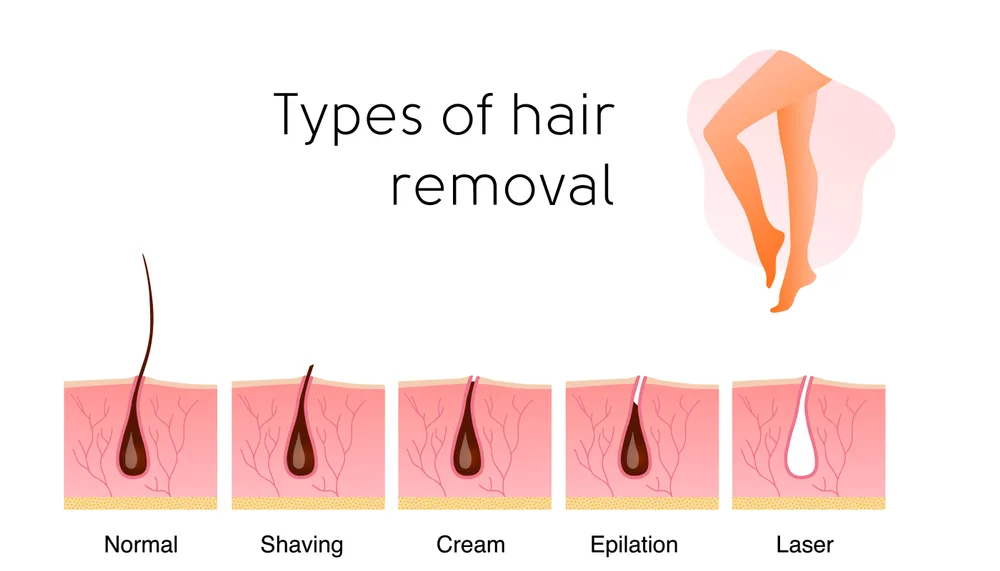
Shaving:
Shaving is the most common and the easiest method of hair removal, as it involves using a razor or an electric shaver to cut the hair at the surface of the skin. Shaving is cheap, convenient, and painless, and it can be done at home or anywhere. However, shaving is also temporary, as it does not remove the hair from the root, and it may cause ingrown hairs, razor bumps, cuts, or infections. Shaving may also make the hair grow back faster, thicker, or darker, and it may irritate or dry out the skin.
Waxing:
Waxing is a method of hair removal that involves applying a sticky substance, such as wax or sugar, to the skin, and then ripping it off with a cloth or a paper strip. Waxing removes the hair from the root, which makes it last longer than shaving, and it may also reduce the hair growth over time. Waxing can be done at home or at a salon, and it can treat any area of the body. However, waxing is also painful, messy, and expensive, and it may cause allergic reactions, inflammation, or infection. Waxing may also damage the skin or cause ingrown hairs, especially if done incorrectly or too frequently.
Threading:
Threading is a method of hair removal that involves using a twisted thread to pull out the hair from the root. Threading is precise, fast, and gentle, and it can shape the eyebrows or remove the facial hair. Threading can be done at home or at a salon, and it does not require any chemicals or heat. However, threading is also temporary, as it does not prevent the hair from growing back, and it may cause redness, irritation, or infection. Threading may also be difficult to do by oneself, and it may not be suitable for large areas of the body.
Plucking:
Plucking is a method of hair removal that involves using a pair of tweezers to pull out the hair from the root. Plucking is cheap, simple, and convenient, and it can remove the stray or unwanted hairs. Plucking can be done at home or anywhere, and it does not require any equipment or preparation. However, plucking is also time-consuming, tedious, and painful, and it may cause ingrown hairs, scarring, or infection. Plucking may also stimulate the hair growth or make the hair thicker or darker, and it may not be effective for large areas of the body.
Depilatory creams:
Depilatory creams are products that contain chemicals that dissolve the hair at the surface of the skin. Depilatory creams are easy to use, painless, and quick, and they can remove the hair from any area of the body. Depilatory creams can be bought at any drugstore or online, and they do not require any skill or technique. However, depilatory creams are also temporary, as they do not remove the hair from the root, and they may cause allergic reactions, burns, or rashes. Depilatory creams may also have a strong and unpleasant odor, and they may not work well for coarse or thick hair.
These are some of the alternatives to laser hair removal for teens, and each of them has its own advantages and disadvantages. Teens may choose the best option for them based on their personal preference, their budget, their pain tolerance, and their hair and skin type. However, they should also consult with their parent or guardian, their doctor, or their dermatologist before trying any of these methods, and they should follow the proper instructions and precautions to avoid any complications or risks.
Conclusion
Laser hair removal is a popular and effective method of hair removal, but it is not for everyone, especially for teens. Teens may want to get laser hair removal for various reasons, such as social pressure, personal preference, or medical conditions, but they may also face some challenges and obstacles, such as maturity, consent, approval, safety, and results. Teens may be able to get laser hair removal, but they need to consider various factors, such as the type of laser, the setting and technique, the preparation and aftercare, and the alternatives. Teens also need to be realistic and patient, as laser hair removal for teens may not be as fast or as effective as for adults.
If you are a teen who is considering laser hair removal, you need to do your research and make an informed decision. You need to talk to your parent or guardian, your doctor, or your dermatologist, and you need to choose a reputable and certified laser clinic. You need to understand the procedure, the risks, and the benefits, and you need to give your informed consent. You need to follow the pre and post-treatment instructions, and you need to cope with the pain and the side effects. You need to be realistic and patient with the results, and you need to be happy and confident with your body.
Laser hair removal is not a magic solution, and it is not a necessity. It is a personal choice, and it is up to you to decide whether it is right for you or not. Remember, your body hair is natural and normal, and it does not define your beauty or your worth. You are beautiful and valuable just the way you are, and you do not need to change yourself to please anyone else. You are the only one who can decide what is best for you and your body, and you should always do what makes you feel comfortable and confident.
FAQs:
-
Why Do Teens Want Laser Hair Removal?
Teens may want laser hair removal for various reasons, such as social pressure, personal preference, or medical conditions. They may want to get rid of their unwanted hair to fit in, to feel confident, or to improve their health.
-
How Puberty affects hair growth and development in teens?
Puberty is the stage of life when the body matures and produces hormones that stimulate hair growth and development. Teens may notice an increase, a change, or a variation in their hair amount, type, and distribution, depending on their sex and genetics.
-
Can a 13 Year Old Get Laser Hair Removal?
The answer may vary depending on the maturity and consent of the teen, the approval and supervision of the parent or guardian, the type and condition of the hair and skin, and the experience and qualification of the laser technician. Teens may be able to get laser hair removal, but they need to consider various factors, such as the cost, the duration, the outcome, the risks, and the alternatives.
-
What are the Alternatives to Laser Hair Removal for Teens?
Some alternatives to laser hair removal for teens are shaving, waxing, threading, plucking, or depilatory creams. Each of these methods has its own advantages and disadvantages, such as cost, convenience, effectiveness, duration, pain, and side effects. Teens may choose the best option for them based on their personal preference, their budget, their pain tolerance, and their hair and skin type.

